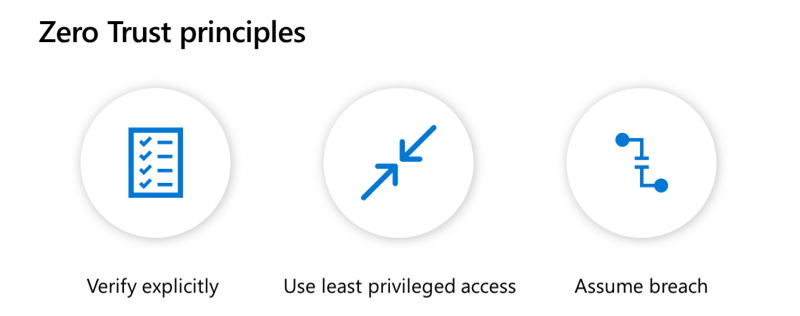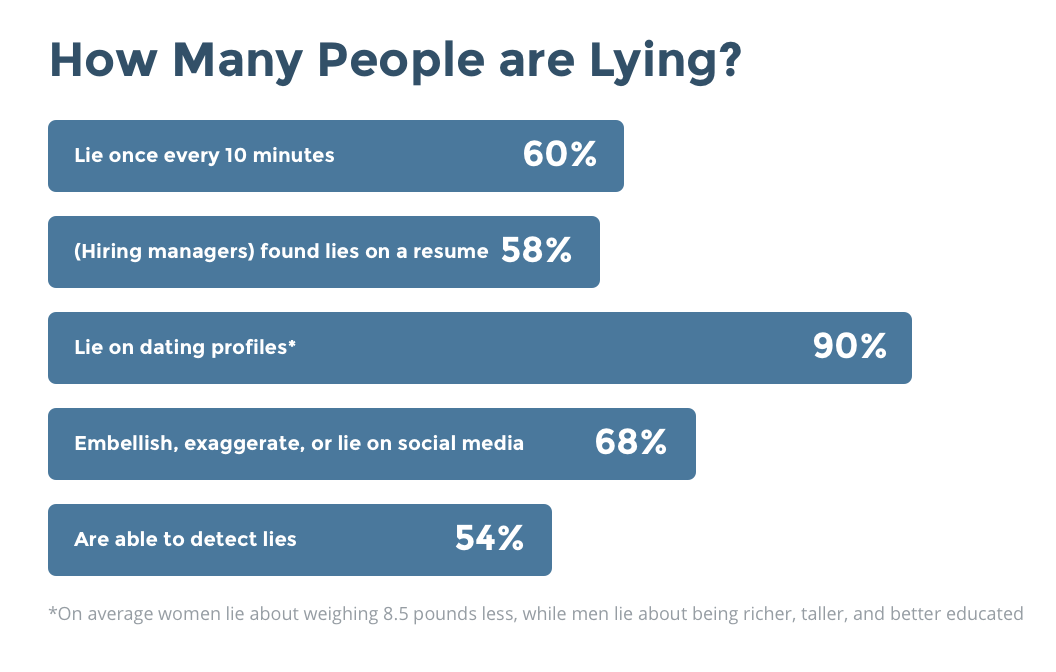· 3 min read
Implement Zero Trust in Real Life
Catching lies, liars and protecting yourself
Liars can wrap you and your worldview to get what they want. They often go unnoticed. They are like successful social black-hat hackers. You need good security to protect yourself.
You need zero trust. Zero trust has three ideas.

- Verify Explicitly: Have explicit systems to examine if what is spoken is true. Pull out your logical fallacies and cognitive bias lists.
- Least Privilage: You don’t have to say everything to everyone. Only give people as much access as they need. They don’t need everything. They don’t need your whole self. Your family needs your whole self, not others. You need to be assertive.
- Assume Breach: Assume the person you are talking to tends to lie. Or does not speak truthfully as diligently as you do.
Verify each request/interaction.
The reason we get scammed, is because we accept the ethos and pathos of speaker over the logos of the argument.
In Zero Trust, we stop trusting the entities and instead verify each request that is being sent.
In our real life implementation, we can modify this to verify each and every request.
Split every interaction into ethos, pathos and logos, and focus on the logos part and discard everything else.
Use your weapons of analysing cognitive bias and logical fallacies. And with what remains, make a long term decision.
Catching a liar:
Lies are oversimplistic and tend to change over time.
- The liar has to keep a narrative of many things that aren’t true.
- When pressed, they may try to blame something else or bring up an irrelevant topic to distract us or place a straw man.
- They won’t be specific.
- They may twist their words slightly to fit their lie into truth. At such moments, note if they have motivated reasoning.
Should you confront a liar? Depends on how serious the lie was?
Gain perspectives:
If you have good social connections and a broader worldview, you’ll eventually know many common lies that others face.
Books like 48 Laws of Power and The Law of Human Nature are also helpful here.
Consider both sides of the coin. And recognize that if something is too good to be true. It probably is.
Things seem too good to be true.
Know the common areas where you can easily be lied:
Recognize the common areas in which you are suggestible. These likely include things you are insecure about. This is something you usually don’t comfortable with. (Side Note: This is why you should confront your truths as it is. Insecurities are just unprocessed truths.).
Since you are insecure, you may have an idealised vision of yourself.
When you are in a suggestible state, you can be easily sold anything.
For instance, you are more likely to believe in a get slim product if you are insecure about your fats.
If you are desperate about something, it’s easier to believe a lie in that domain.
Most things on social media are also lying. Why would you wanna stay on a platform that’s fake?
